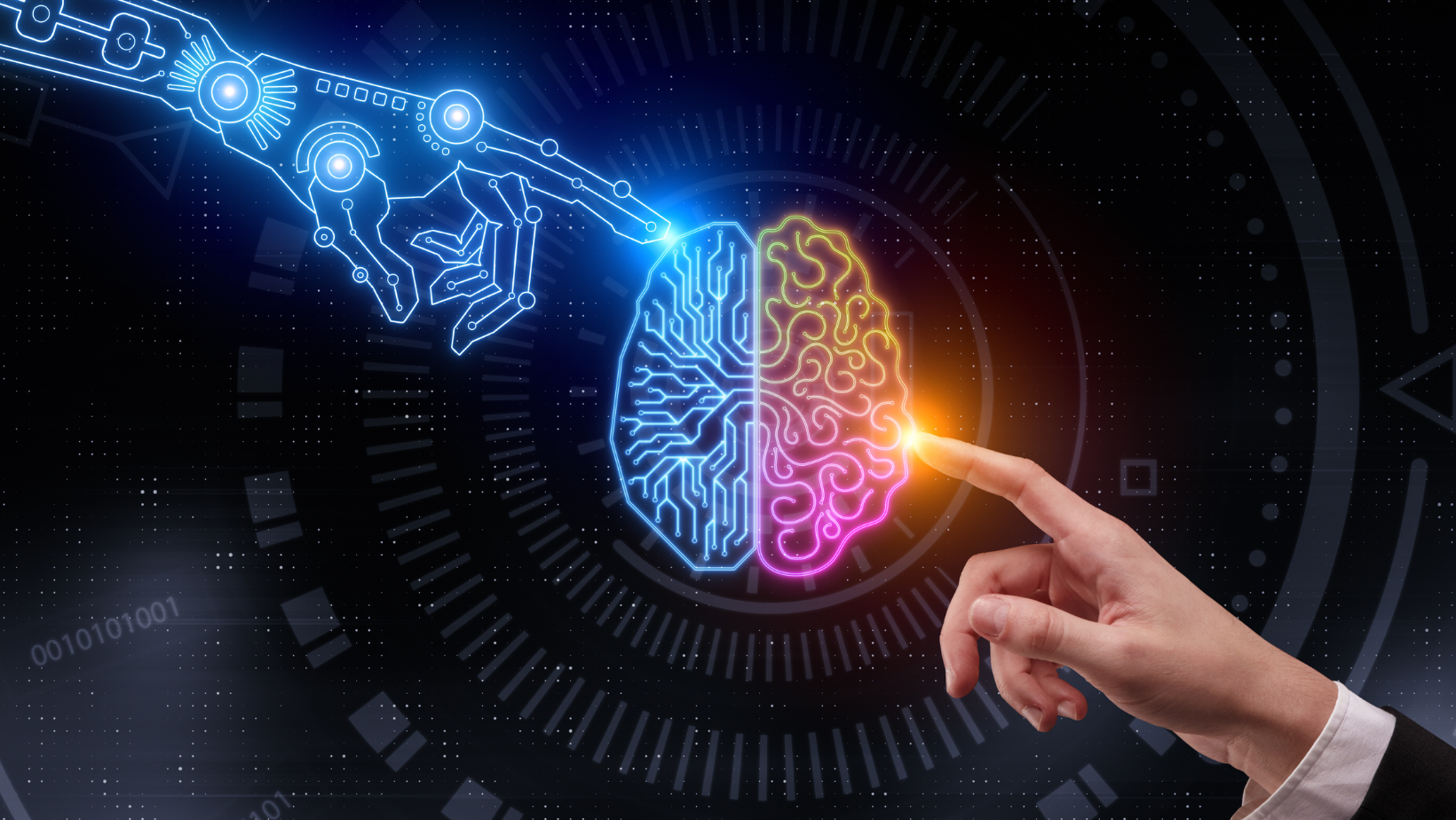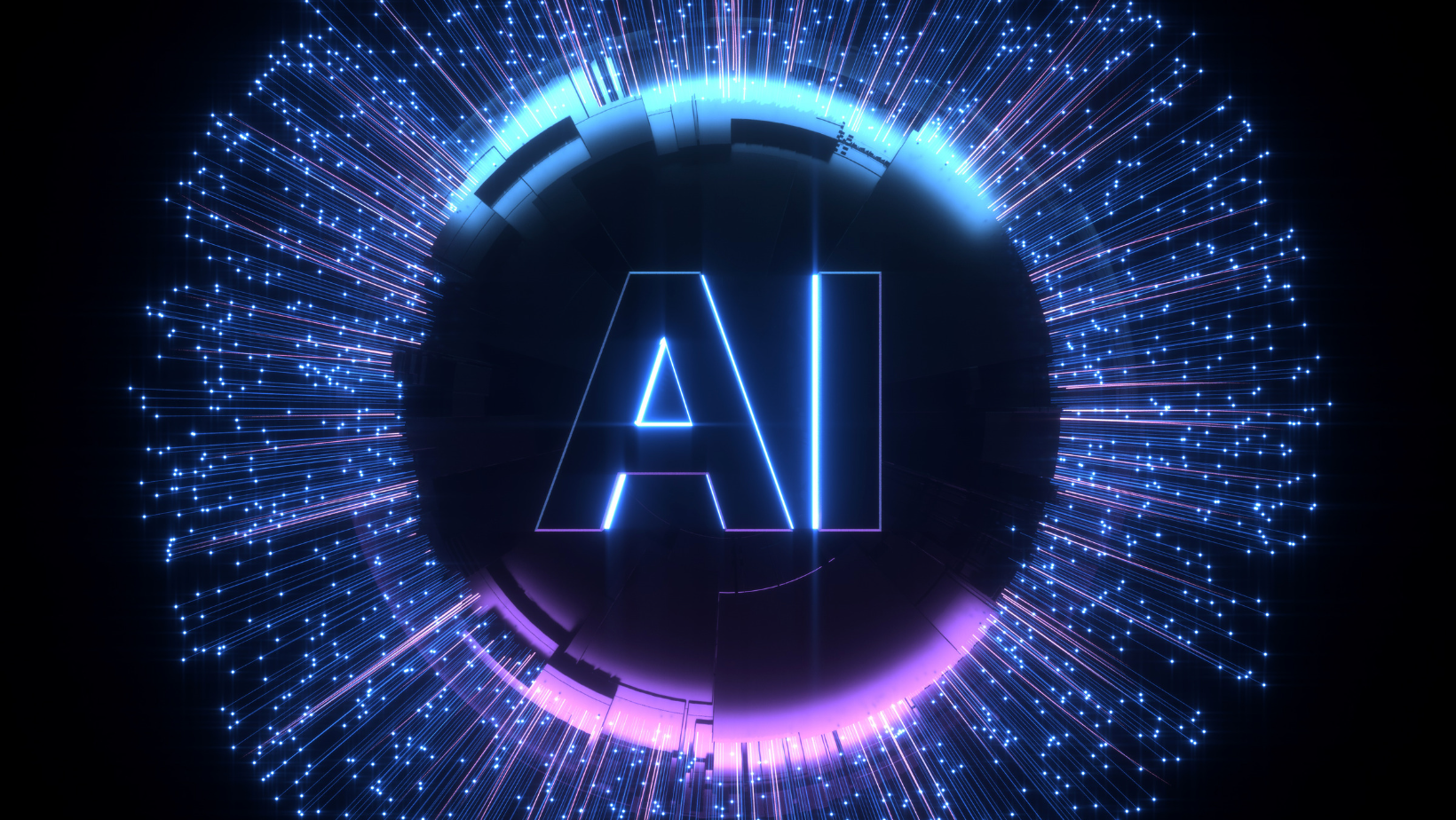Artificial Intelligence- An Introduction

“Hey Siri, call John on speaker”
"Alexa, what's the weather like in Wolfsburg"
"Hey Google, play my morning playlist"
Artificial intelligence is making all the right sounds around the world. Be it industrial robots, self-driving motors, the digital voice assistants that reside in our smartphones or smart speakers, customer support chatbots, etc.- we can clearly say that it has made its way into our lives and is impacting it significantly. It has crept into our day-to-day lives in modes we are unaware of.
The global artificial intelligence (AI) software market is forecast to grow rapidly in the coming years, reaching around 126 billion U.S. dollars by 2025.
With both its supporters and detractors touting its potential to enable incredible technological advances – and potentially devastating consequences, it’s evident that AI is on roll in different areas and is here to stay for the future.
What is Artificial Intelligence (AI)?
Artificial Intelligence (AI) is an umbrella term that encompasses any technology or computing system designed to perform tasks typically associated with human beings. AI can be implemented with a variety of applications, including robotics and learning systems. It can also be used for tasks such as managing large databases, decision support systems, natural language processing and speech recognition.
The ability to process and take measures that provide the best potential of acquiring a specific objective is the ideal quality of artificial intelligence.
The History of AI:
The history of AI can be traced back to ancient civilizations, with early examples of automation and problem-solving in tools and machines.
The modern field of AI in the 1950s and 60's- 1956 - John McCarthy coined the term ‘artificial intelligence’ and had the first AI conference at Dartmouth College.
Early AI research focused on developing programs that could mimic human intelligence, such as natural language processing and problem-solving. Over the years, AI has advanced significantly, with the development of expert systems, machine learning, and deep learning.
Fast forward to today, and AI technology has become increasingly sophisticated, leading to groundbreaking developments such as self-driving cars and facial recognition systems.
Applications of AI:
In the present era, artificial intelligence is used in a plethora of contexts. As it can accurately predict complicated matters in a diverse range of fields, such as healthcare, Finance, E-commerce, and Marketing, it is becoming more and more vital in today's day and age. Artificial intelligence makes our daily life more organized and flexible.
Here are some of its many applications:
1. Healthcare:Artificial intelligence (AI) is being used by many organisations, including healthcare facilities, to save lives. From drug discovery to forecasting kidney disease AI could be the next big thing in healthcare.
For instance, AI is used as a tool for case triage. It helps a clinician review scans and photos. In order to prioritise crucial cases, eliminate potential errors while reading electronic health records (EHRs), and create more accurate diagnoses, enabling radiologists and cardiologists use this information.
2. E-Commerce:The e-commerce field now holds a strategic advantage courtesy of AI, which is also rising in popularity. AI can assist consumers to identify relevant products in their preferred size, colour, or brand.
The new AI Chatbot is a powerful tool that is programmed to communicate with users and resolve their issues with thoughtful AI solutions.
3. Marketing:Artificial intelligence (AI) marketing generates automated decisions based on information gathering, analysis, and additional observations of audience or economic patterns that may affect marketing efforts.
The AI system will be able to present you with a list of leads that are most likely to become your customers based on your existing data, which includes details about ideal clients, customers, etc.
4. Finance:AI is helping the finance sector streamline and improve processes. Risk evaluation, fraud identification and management, financial advising services, and automated trading are among the characteristics that artificial intelligence offers.
According to Forbes, 70% of financial firms are using machine learning to predict cash flow events and adjust credit scores.
5. Facial Recognition:Face recognition is an application of AI that narrows down on identifying and understanding patterns that lead to quick and efficient outputs.
Traditional time and attendance systems require employees to use physical identification, personal information and even biometrics to log in and out, AI powered facial recognition technology improves time and attendance systems.
The pros and cons of artificial intelligence are fiercely disputed. There is no question that artificial intelligence plays a crucial role in the growth and development of people. Naturally, there are both numerous benefits and drawbacks to artificial intelligence.
Watch out for the next blog on artificial intelligence to know about its pros and cons.
REFERENCE:
- https://www.javatpoint.com/application-of-ai
- https://www.investopedia.com/articles/investing/052014/how-googles-selfdriving-car-will-change-everything.asp


.png)